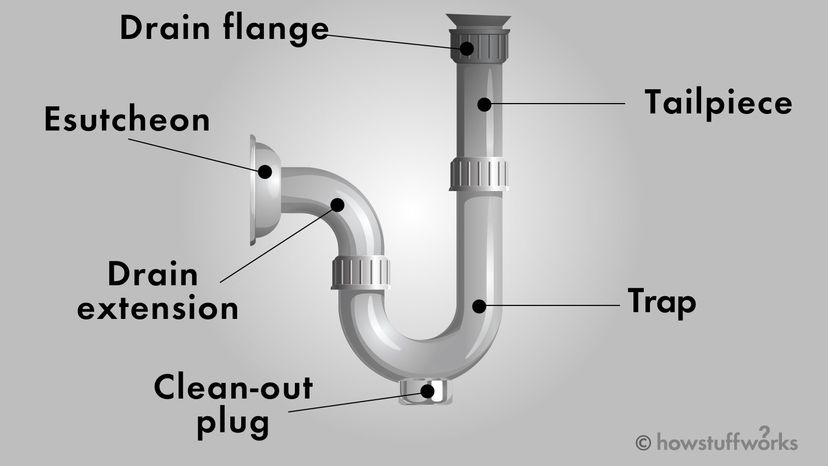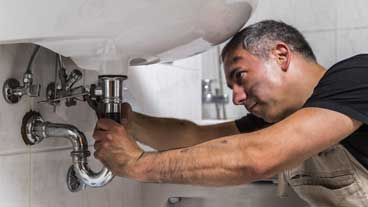All Categories
Featured
It's essential to recognize the restrictions of DIY abilities and recognize when it's time to call in a professional. When you require a specialist plumber, trust the professionals at Sierra to get the work done right. Sierra's seasoned plumbing specialists have the understanding and expertise to handle everything from a straightforward dripping tap to major sewer line fixings.
Dripping pipes may be the most usual pipes issue of allor the one we most generally associate with plumbing technicians, at the very least.
There are numerous momentary fixes for leaking pipelines, yet eventually, you'll require to call a plumbing and have them take care of the concern, particularly if the pipe is tough to access. Pipe leakage repairs price $500 on standard, yet this can rely on the kind of leak, the kind of pipe, and where the pipeline lies.
Pipelines can burst for numerous factors, usually pertaining to stress. These reasons consist of: Severe changes in temperature level (frozen pipes are a typical forerunner to pipeline ruptureds)Pressure from expanding tree rootsExtensive obstructions that trigger a build-up of pressure over timeOld age or deterioration through rust or deterioration If a pipeline ruptureds in your home, turned off the water immediately to limit the damage.
Should I Do My Own Plumbing?
Depending upon the degree of the water damages, you'll likely require to hire a water damage restoration solution near you to guarantee there is no long-lasting damages to walls, floors, and ceilings and to avoid mold and mildew and mold development. You'll likewise need to change the ruptured pipeline before transforming your water back on.

6/ 13 Andrii Medvediuk/Getty Images Filtering your water is great for your health, and as Bux directs out, it substantially boosts the taste. "We had customers whose tap water was gloomy because of sediment in their old pipelines.
This is generally since one of the RO system lines has actually fractured or simply dropped out of the real estate that keeps it sealed. Inspecting on these lines routinely will help to reduce the opportunities of this occurring." 7/ 13 Family Handyman The hot water heater is a lonely servant that seldom gets the focus it deserves.
You might hear popping audios, suggesting a heavy debris layer on the base. Its task is to attract ions that would wear away the metal lining of the container if it weren't there, and it naturally uses out.
Should I Hire A Plumber?
If you take place vacation, turned off the major water shutoff. That way, if a pipe bursts, it will not create a flooding.
Your local water firm will typically inform you when there are planned service interruptions. If your neighbors have water and you don't, you'll desire a plumbing to immediately find and fix the trouble. If your public utility hasn't switched off the water for fixings, there are a number of possible problems that could cause no water moving inside your home including a below ground water pipe break, extreme obstruction, or a busted pipeline somewhere in your plumbing system.

The system may require upkeep, or it might be time for a substitute. Fixings to warm water heaters need to be done by certified plumbing technicians. They have the training and experience to deal with both water and gas line links and can safely make fixings or mount a new hot water heater if needed.
Numerous pipes are situated inside wall surfaces, ceilings and floors, that makes situating and repairing a burst pipe challenging for DIYers. As quickly as you observe a ruptured pipe, switch off the water major and call a plumbing professional. A qualified plumbing will certainly have the right tools and training to situate a ruptured pipeline and make lasting repair work.
If you try to begin the thawing process by yourself, there are numerous preventative measures to take. A burst pipeline can cause considerable water damages so it is necessary to thaw pipelines slowly and meticulously. Defrosting icy pipes is finest entrusted to an expert given that repair work are frequently required. Low water stress in one component, such as a tap, may be a blocked aerator.
Is Diy Plumbing Safe?

A properly qualified professional can utilize an electronic camera probe to look deep inside pipes and drains pipes to locate obstructions and obstructions. Tree roots attacking below ground sewage system pipes are an usual reason for obstructions. This circumstance needs expert services to successfully solve. If you have an overflowing commode, initially turn off the water valve.
Latest Posts
Plumber
Plumber servicing
Emergency Plumbing